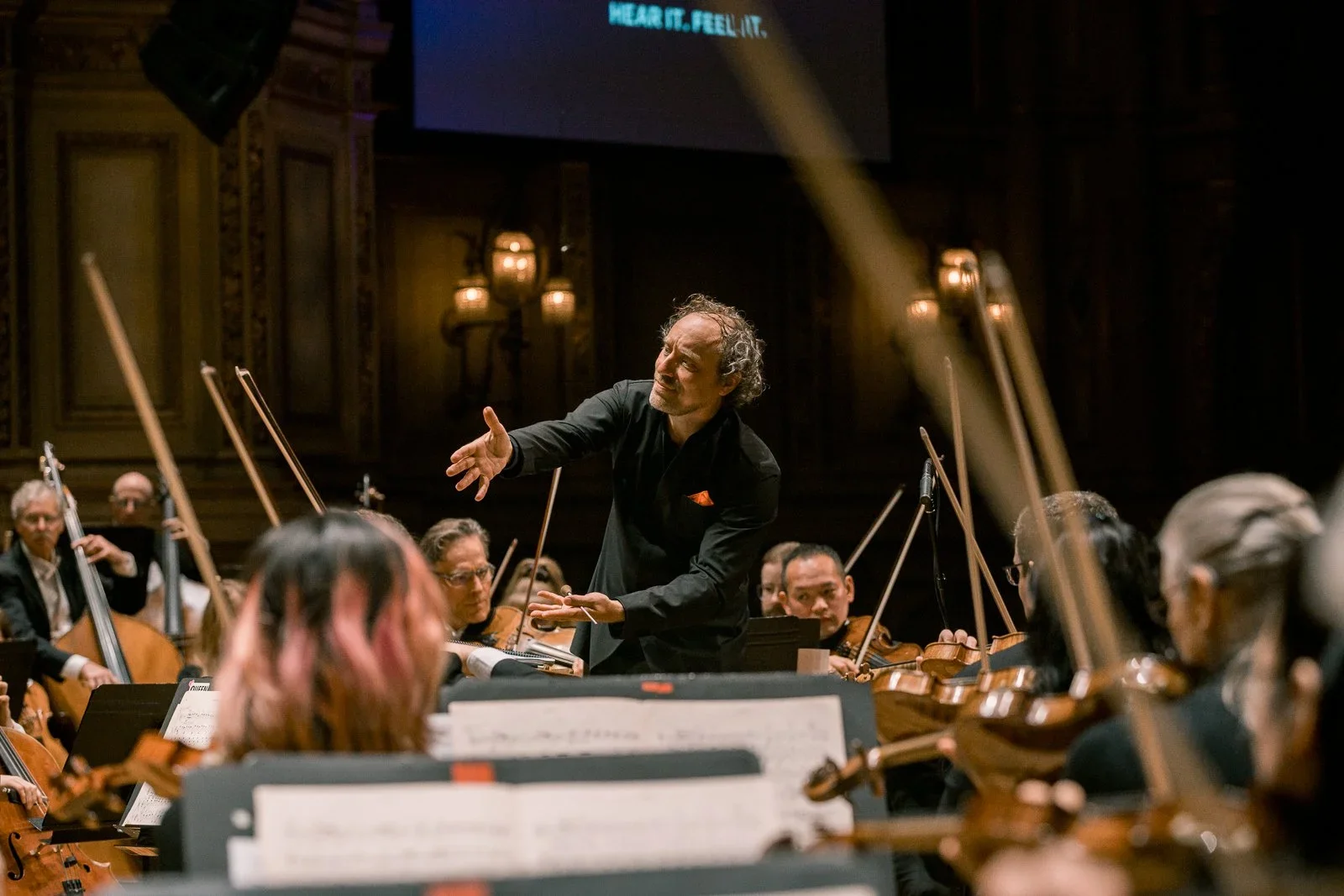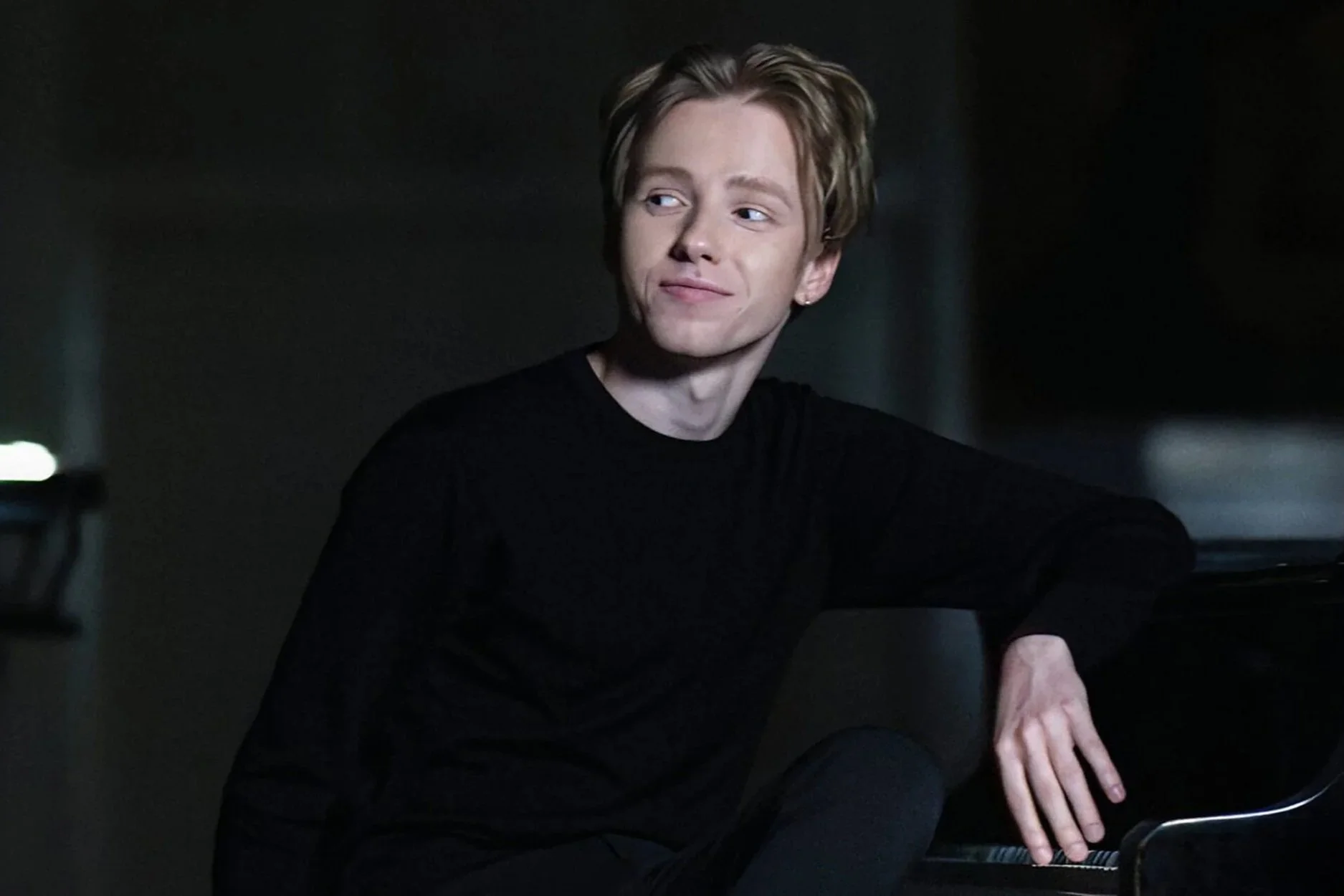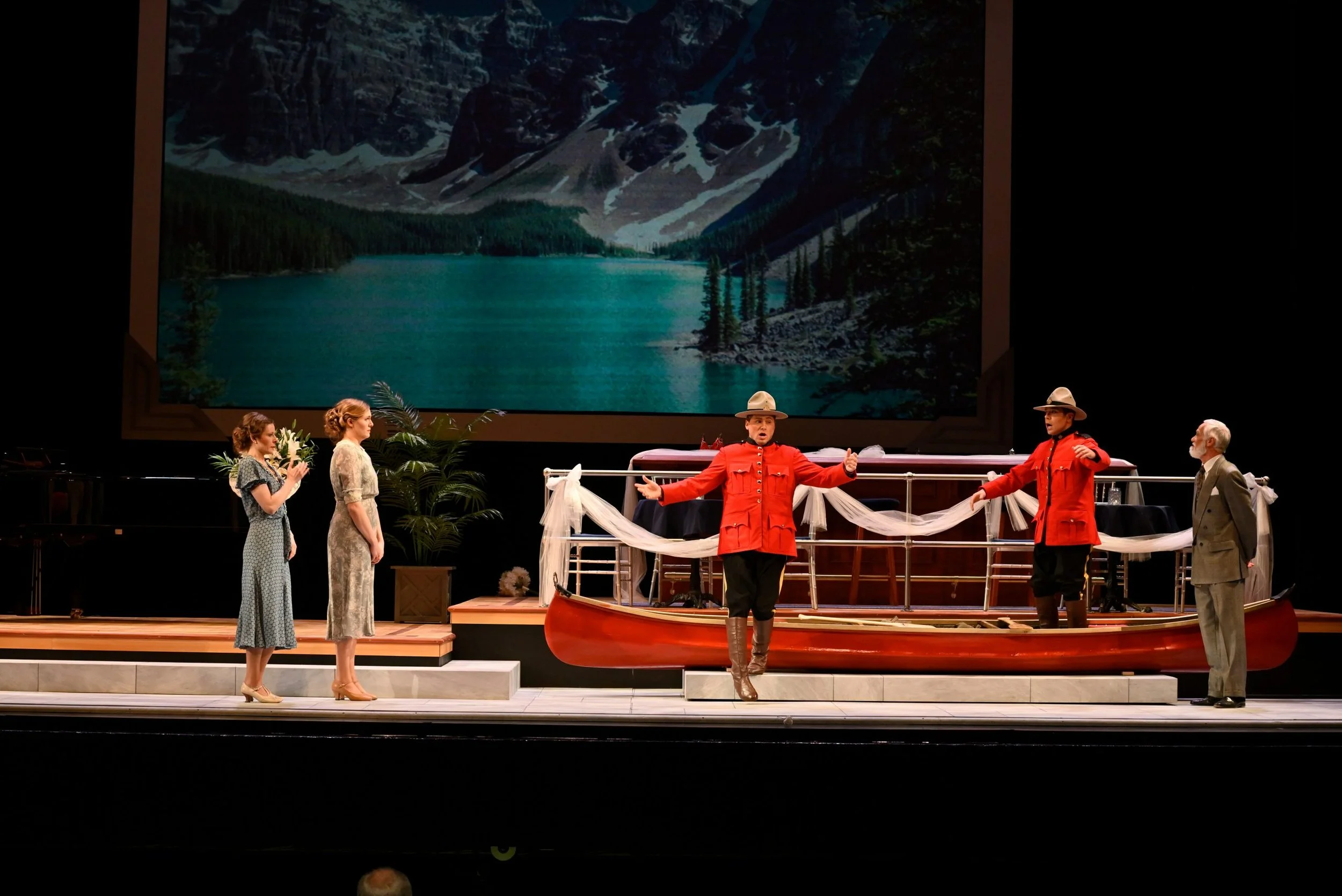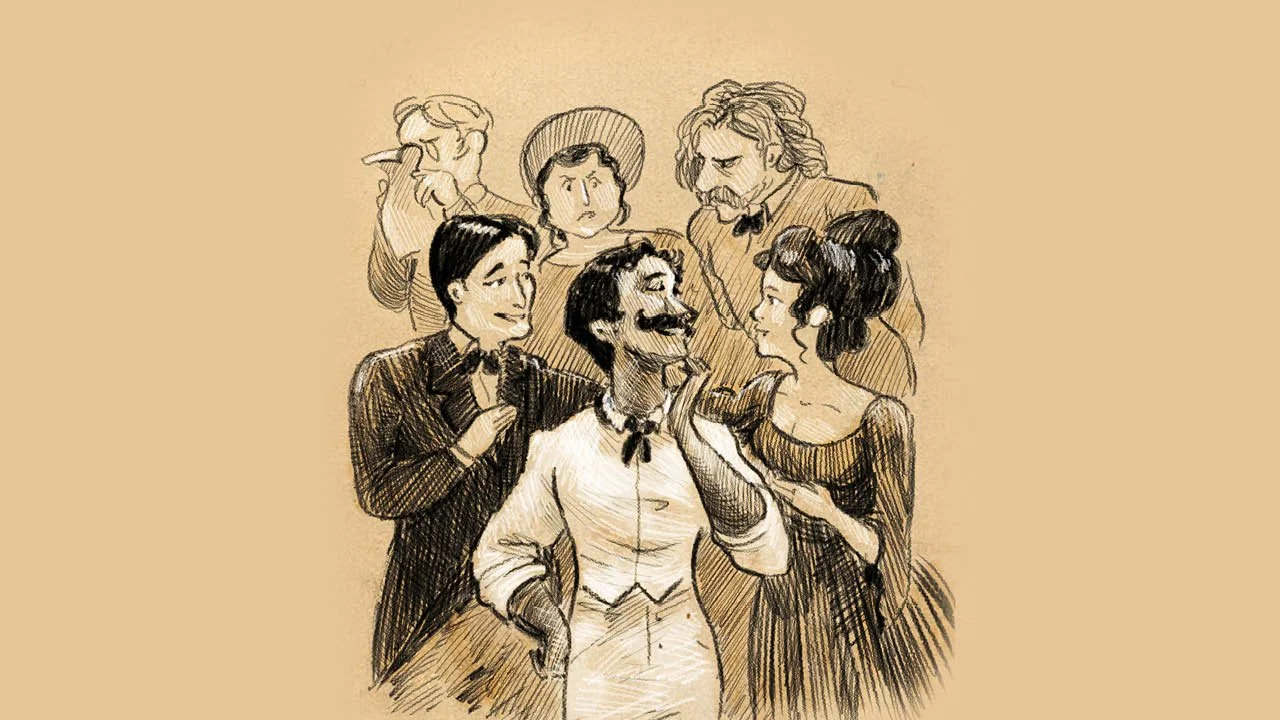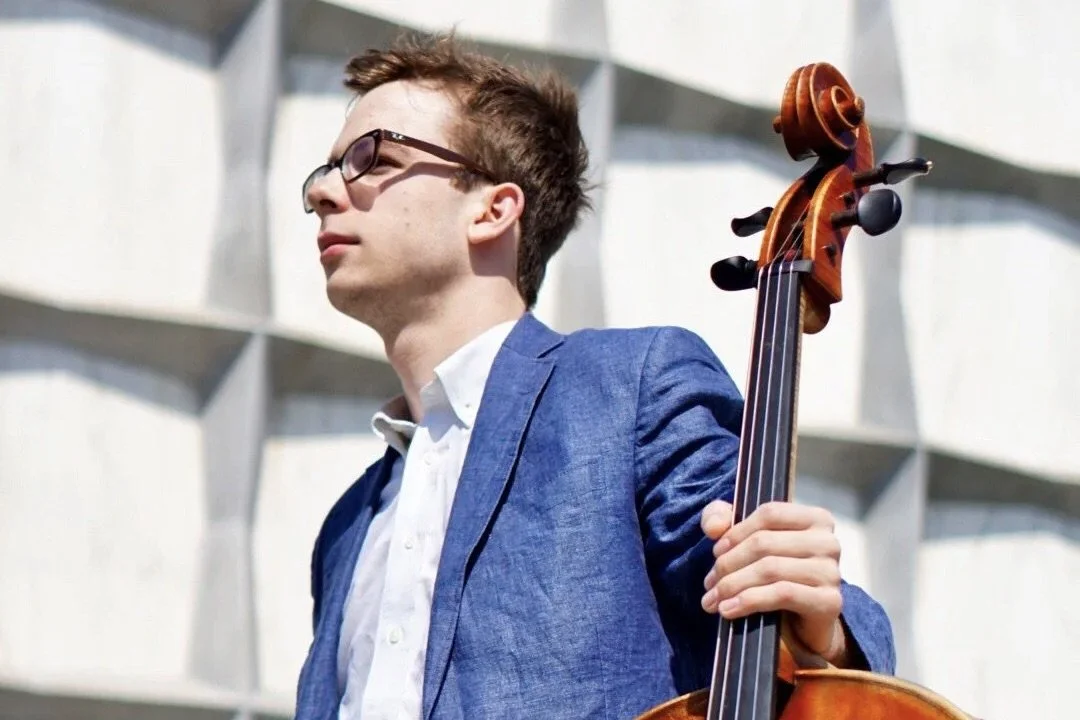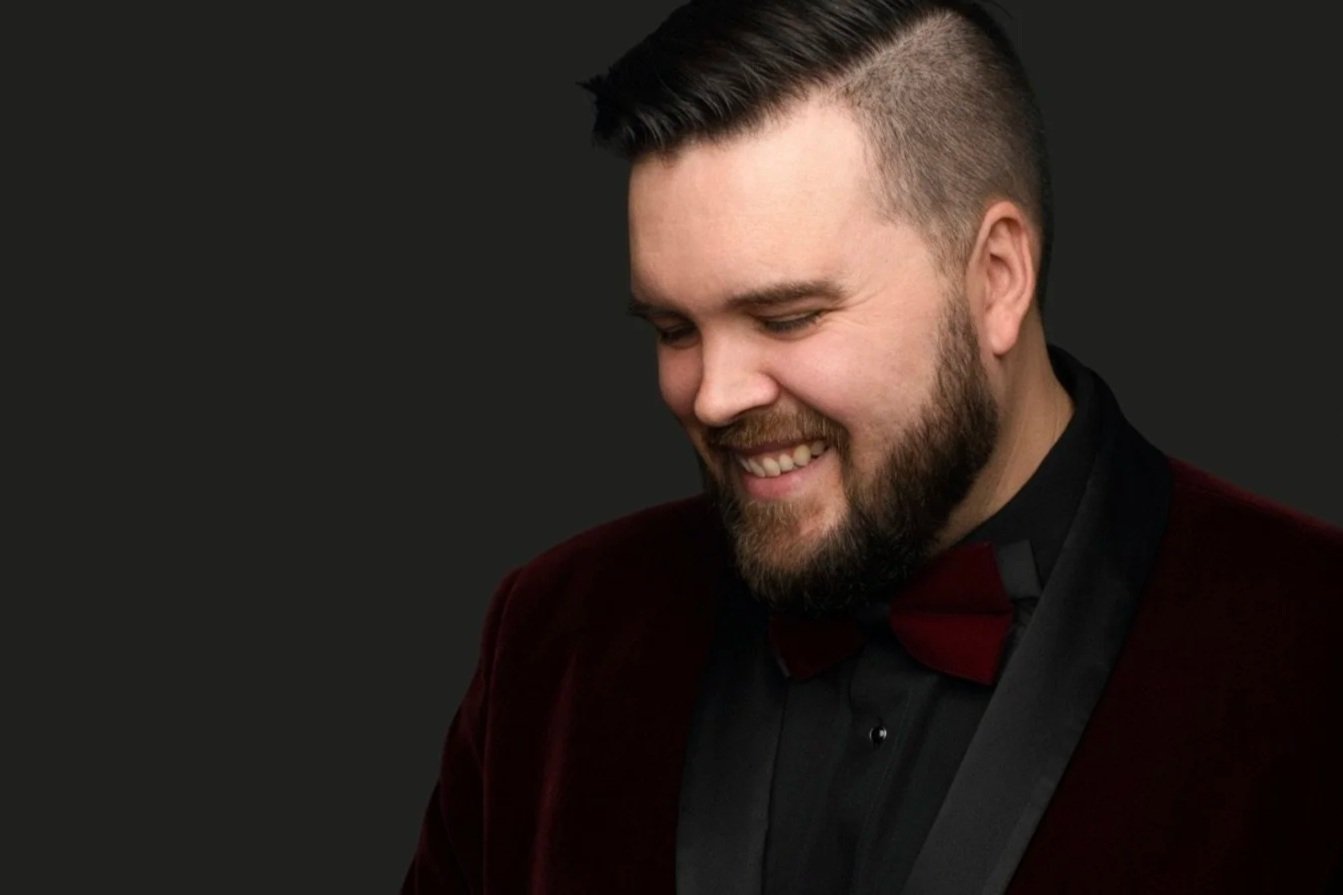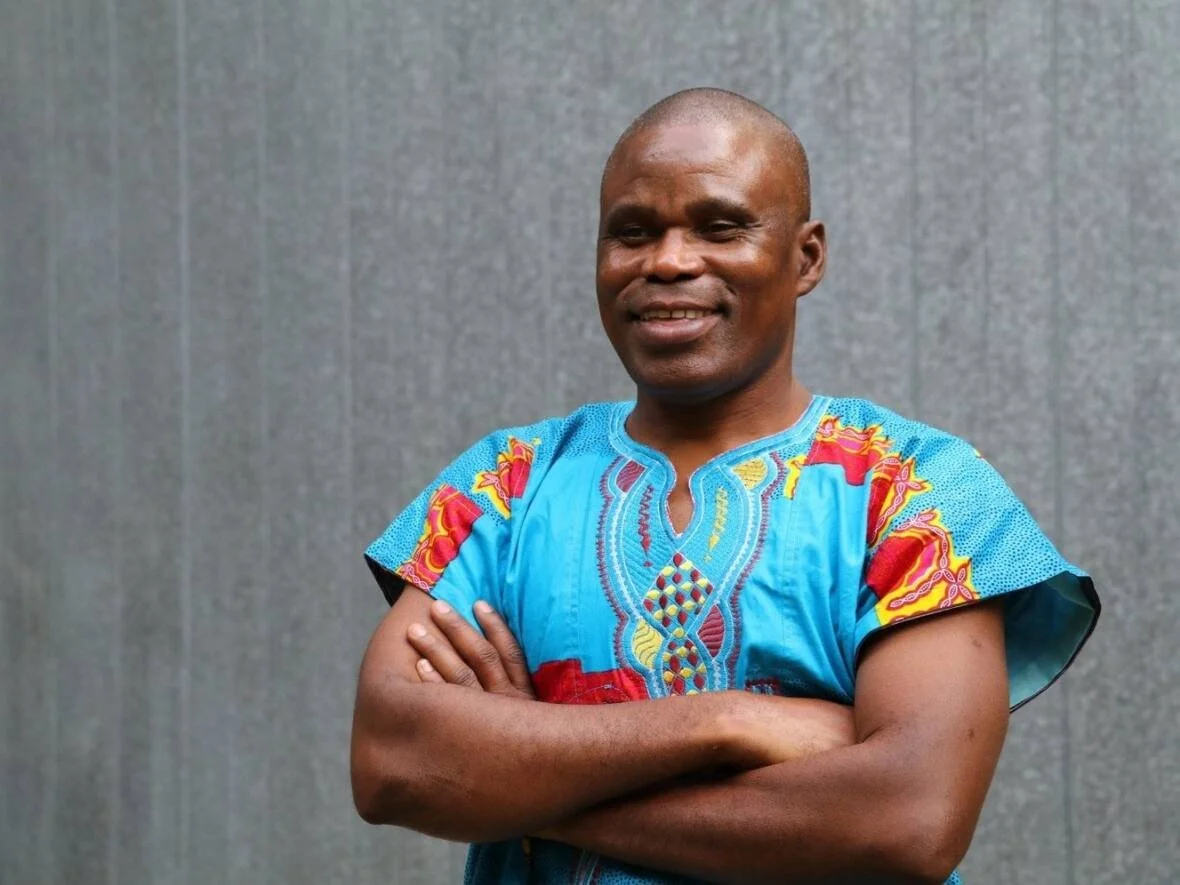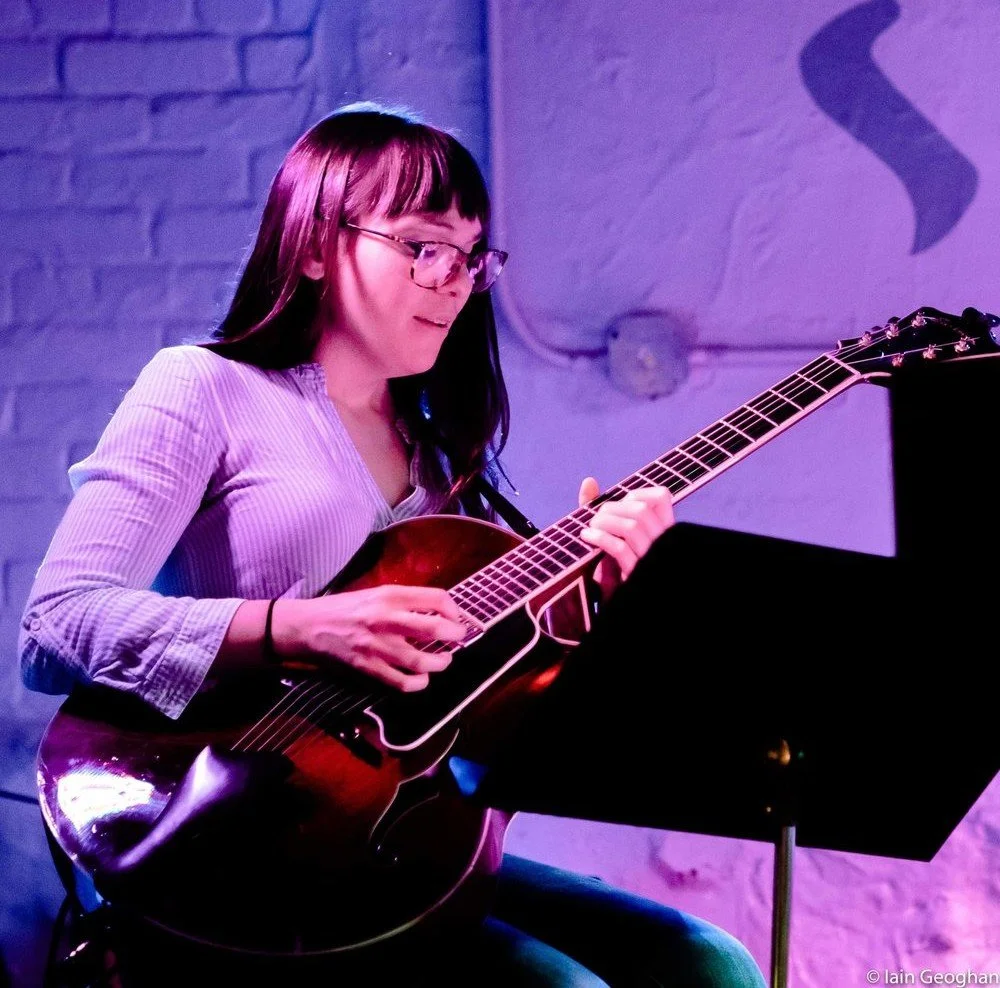Teiya Kasahara smashes the conventional opera world’s gender and identity stereotypes
The acclaimed queer, trans non-binary soprano returns to the West Coast for a performance with Vancouver Symphony Orchestra
Teiya Kasahara. Photo by Janet Kimber
Vancouver Symphony Orchestra presents An Ode To Joy: Beethoven’s 9th featuring Teiya Kasahara on April 29 and 30 at 8 pm and May 1 at 2 pm at the Orpheum Theatre
AMONG MULTIDISCIPLINARY PERFORMER Teiya Kasahara’s multiple professional roles is that of “disruptor in residence” with the Canadian Opera Company, where they work with young artists to decolonize the art form. It’s an apt title for the acclaimed queer, trans non-binary, Nikkei soprano, who is also a cofounder of Amplified Opera. Kasahara is at the forefront of putting inclusivity at centre-stage, with a vocal power that has landed them leading roles and rave reviews across the country and beyond.
“I’m expanding this idea of gender binary that is so infused in our contemporary culture—thinking beyond the binary,” Kasahara says in a phone interview with Stir from the Toronto home they share with their partner. “It's so ingrained in my truth in terms of who I am as a person. To not feel like you belong or to feel like you have to change yourself or bend yourself or hide yourself or push down parts of yourself in order to belong or fit in… It reaches a point where you have to say ‘enough’ or you have to walk away, and I’ve faced those precipices more than once, those forks in the road so to speak, and they are moments of huge learning and huge challenges, and asking myself: Do I walk away or do I try to make space for myself, for all of who I am, all of the parts that need to continue to evolve and also need to heal? I feel like I can’t not advocate and make space for gender diversity, for cultural and racial diversity: it’s part of who I am within my art and how I express my artistry. It’s so inherent now in how I act as an artist in this profession.”
Kasahara—who earned the nickname “the balcony soprano” for their 19 Videos for COVID-19 series, in which they sang daily on their deck, stopping people walking along the street down below in their tracks—is also a vocal coach, taiko drummer, playwright, and theatre artist who has starred in iconic works such as Madama Butterfly and Macbeth. Their forthcoming The Queen in Me dismantles conventional opera roles and smashes the genre’s gender and sex stereotypes. Jumping off from the Queen of the Night’s character in The Magic Flute (which was a young Kasahara’s dream role, which they have since performed many times), the new work is very much the artist’s story of coming into their own, a journey of discovery of their cultural roots, queerness, and gender identity.
Having performed locally at Symphonic Pride last summer (a co-presentation by Vancouver Symphony Orchestra and Vancouver Pride Society), Kasahara is about to make a return to the West Coast. Joining VSO anew, they will perform the soprano solo of Beethoven’s 9th Symphony as part of a mixed program that includes Maurice Ravel’s Piano Concerto in G Major (featuring Angela Cheng) and the North American premiere of Samy Moussa’s Elysium, a VSO co-commission. Under the baton of VSO music director Otto Tausk, the program also features mezzo-soprano Susan Platts, tenor Lawrence Wiliford, baritone Tyler Duncan, and Vancouver Chamber Choir artistic director Kari Turunen.
“It’s just beautiful and iconic,” Kasahara says of Beethoven’s “Choral” Symphony. “I remember hearing this tune as a very small child and plunking it out on piano. Everyone knows it.
“I do love Beethoven’s music: I’m a huge fan of his opera, his one opera,” Kasahara adds. “I really appreciate Beethoven's music; he’s always kind of been there throughout learning different pieces, so it’s really exciting to perform this role.”
Kasahara grew up in Abbotsford listening to both of their parents play piano; their father was a minister in the Japanese United Church and had a natural singing voice. Their mom and dad loved listening to 1960s Japanese folk music, while Kasahara’s high-school playlist also included everything from ABBA to Kenny G.
The artist was 15 when they first discovered opera while attending the University of British Columbia’s Summer Music Institute. After a day of training, the students watched Ingmar Bergman’s The Magic Flute, and Kasahara fell in love with the form.
“The culmination of all these different artistic disciplines coming together was so beautiful and mesmerizing,” Kasahara says. “The Olympic-style singing that can come out of the human body just transported me. Being able to witness that, not only live and hearing it pierce your sternum, pierce your heart–you can feel those reverberations when you’re in a recital hall or in an opera house. But then to also be able to do that through your own body: it’s addictive.
“When you can kind of let go of all of the pressure to be musically correct…it’s a very healing experience: the reverberation, the sound that gets to bounce off through all the bones and muscles in our body, the act of breathing and connecting with breath and connecting with energy we can’t see,” they say. “It’s combining a mental, spiritual, and physical sensation.”
Kasahara went on to study at UBC’s School of Music and began their professional career with the Canadian Opera Company’s Ensemble Studio. Since 2014, Kasahara has worked exclusively with soprano Maria Vetere of Ontario’s Vetere Studio, and with Verdian soprano Aprile Millo, developing dramatic soprano and coloratura soprano repertoire. They have performed at Museo Renata Tebaldi and Casa di Verdi in Milan and at the Edinburgh Fringe Festival; appeared with the National Ballet of Canada and at Aspen Summer Music Festival; and toured with Opéra Toulon Provence Méditerranée, to name just a few career highlights.
Teiya Kasahara. Photo by Michael Barker Photography
This season, Kasahara is also working on Little Mis(s)gender as artist-in-residence at the Queer and Trans Research Lab at the Mark S. Bonham Centre for Sexual Diversity Studies at the University of Toronto. In the solo show, they will explore the German Fach system that has dominated the opera industry for centuries and prescribes “male” and “female” voice and character categorization to the exclusion of queer, gender non-binary identities.
While they are subverting opera’s norms and disrupting the status quo to move the genre forward, Kasahara sees the value and benefit of minutiae. “Often we think disruption or change needs to be big and visible and immediate, but I think what is more powerful sometimes are small changes that continue to evolve and that are like seeds of change that will take time, that you do need to nurture, and you need to see them grow and come to fruition over a much longer period of time,” they say. “Really, to make systemic change it needs to go slowly and needs to go deeply.”
Does it feel daunting to rewrite opera’s rules or eliminate them altogether? Always, Kasahara says. “But I feel very supported,” they say. “I don’t feel alone in this….I feel in community with my Amplified Opera team and my other dear colleagues in the theatre world and opera world and classical music world. I feel that there’s more hope with more like-minded individuals coming together to want to create systemic change.
“What's very interesting about opera is that we celebrate the individual in opera or in classical music: yes, we have orchestras; yes, we have choruses, but we are often celebrating a diva or a divo or a star conductor or star director as opposed to, wow—it takes hundreds of people to put on a show, from the production assistant to the child wrangler to the technical director to the costume cutter and sewer and designer; there are so many people that put on this miraculous art form that combines all of these disciplines, that can create at such a high level of excellence—a very eurocentric lens of excellence—but I realized I’ve gotten to this place with the support of many people,” they say. “I continue to make change through art with community, with others.”





